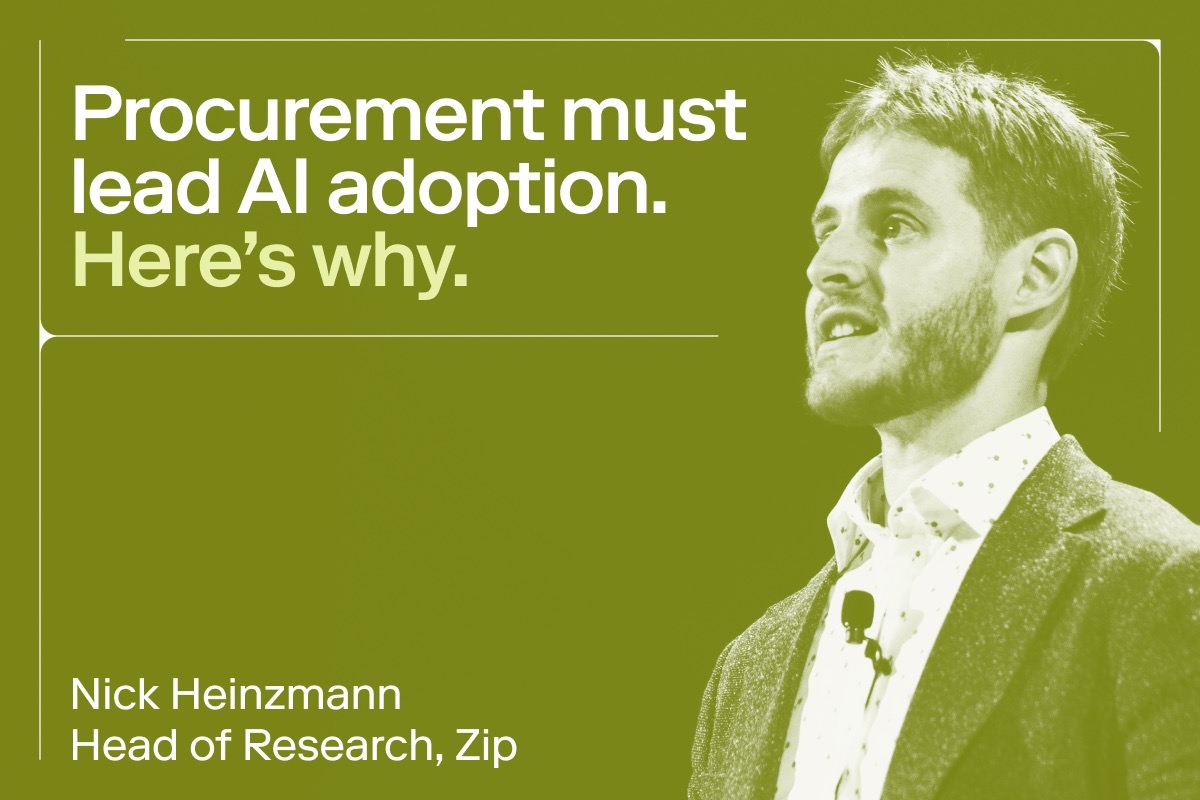
Procurement must lead AI adoption. Here’s why.
New research reveals the gap between AI hype and what's actually working.

It’s not every day that the world gets turned upside down by a tool you’re using at work. But increasingly, many of us feel this way.
I call this the “Paradox of Inevitibility,” which to me is probably the most interesting finding that came out of our State of Spend report. This year, we surveyed 1,030 global leaders to understand how they’re managing spend, setting priorities, and most importantly, how AI is reshaping their departments.
What we found reveals a fundamental tension at the heart of business transformation today.
The contradiction we’re all living
Every morning brings another headline that feels like a warning shot. We recently saw BNY Melon announcing “Digital Employees,” compilations of agents with their own email addresses who can interact inside the company the same way a human can.
We’re seeing projections about market contraction, especially around lower-skill, entry-level positions. Everyone is absolutely hearing every day that something is changing, and that whatever is changing in the market, around AI, around the economy, is coming for them next.
There’s a certain paranoia about it, and frankly, it’s understandable!
But then there’s a contradiction. At the same time, there are quieter voices pointing to a very different reality. See: that MIT study everyone cites showing that 95% of AI pilots fail. There is evidence that cracks are starting to show. Look at how adoption of platforms like Lovable and other vibe-coding tools are starting to turn around after going stratospheric originally.
This narrative is full of contradictions, and this sense of “inevitability” may be more self-fulfilling than a true force of technological fate.
What our research revealed about procurement
When we looked at our ‘Procurement Predictions for 2025’ last year, the procurement practitioner group was really, really focused on AI because they felt overwhelmed. They were burdened by so many different little things they needed to do: how long a process takes, how much information they had to handle.
In addition to this feeling of inevitability, there seemed to be a welcoming, or a craving, for AI. People felt like it was going to be a panacea that would finally free them from all these burdens they typically deal with. Now it’s turned into a fear of something bigger.

The interesting thing about our study, though, is that when it comes to this paradox of inevitability, a lot of people admit they don’t have an idea of what this actually looks like.
According to our State of Spend, while 80% of leaders predict they will be successful in their AI transformation, nearly everyone felt they were only ‘somewhat prepared’ or less.
They’re seeing AI in their daily lives, like a tidal wave of change. But when it comes down to it, maybe they’ve only played with ChatGPT, or maybe tinkered with some other tools if they’re slightly more advanced.
Crossing this chasm from personal use to enterprise use is a huge task, both practically and psychologically. Technology that works in production with millions of records, making big decisions like what supplier should we spend millions of dollars with over the next five years; that’s very different from “Help make me a grocery list.”

Why AI feels different this time
This technological change is so much oriented around our personal lives. It's becoming something we expect to be in our phones, in our Google searches, increasingly in every aspect of life.
But on the business side (and this is really where our research focused) we don't know how this technology is going to be regulated, or whether it will even be regulated.
Allegedly, the companies that build this stuff often say they don't necessarily know 100% how it works, and on top of that it keeps changing all the time. We don't always know what we can trust fundamentally because we still don't have a full understanding of what LLMs are really good at and what they're not.
We're still testing it out, really. It goes back to that MIT stat. We don't know how to govern and use this technology because it is a little bit more like an alien technology to us.
Procurement’s opportunity to lead
Here’s what gives me hope, though: this paradox exists and perhaps we don’t know what we’re doing, but procurement is uniquely positioned to close this gap.
Think about it. Procurement as a function is supposed to be the gate opener to the rest of the world. We want to see what innovation is available, what other services or supplies are available to the business, and use supply markets to shape the future of the business.
And what more important market is there to shape now than the AI market?
If you stretch this out further and further, it's not just about buying tools or adding features to your current tool sets. It becomes, you know, “I'm hiring an AI agent,” basically. And there has to be someone responsible for those kinds of decisions.
We see in our State of Spend survey that IT is being placed in that role, but arguably procurement should have more of a role, as we see in the other results around distributed spend and governance of these kinds of processes.
This is about more than just ‘technical fit’
The reason why procurement should lead this is because we're not just talking about technical fit, which is really more IT's role. We're talking about:
- A relationship with an AI vendor (or, I guess, alien intelligence, if you will)
- How results are measured and tracked
- How performance of that supplier or contract is monitored
- How we measure value and select between options
That's very much a sourcing and supplier management process.
I think there needs to be a central gate in the business that can help do that, and procurement more than anyone is positioned to provide that capability. That's why we see everyone so bullish on the strategic importance of procurement in the future: they see procurement at the center of all these different questions about risk, about ROI and performance of suppliers, about governance and regulations.
Really, if anyone's going to build this bridge to the future, it should be the procurement department that's governing the process of adding, evaluating, and scaling AI across the business.
The 'State of Spend' and the road ahead
The paradox of inevitability isn't going away. The headlines will keep coming. The pressure will keep building. But procurement leaders have an opportunity right now to move from reactive fear to proactive leadership.
Our full report dives much deeper into how global leaders are actually navigating these challenges: what's working, what's failing, and where the real opportunities lie. If you're trying to make sense of AI's role in your procurement strategy, the full report offers data-driven insights from over 1,000 of your peers who are wrestling with the same questions.
Download the full State of Spend Report
Because the future is coming whether we understand it or not. The question is: who's going to be in the driver's seat?

Maximize the ROI of your business spend

Enter your business email to keep reading





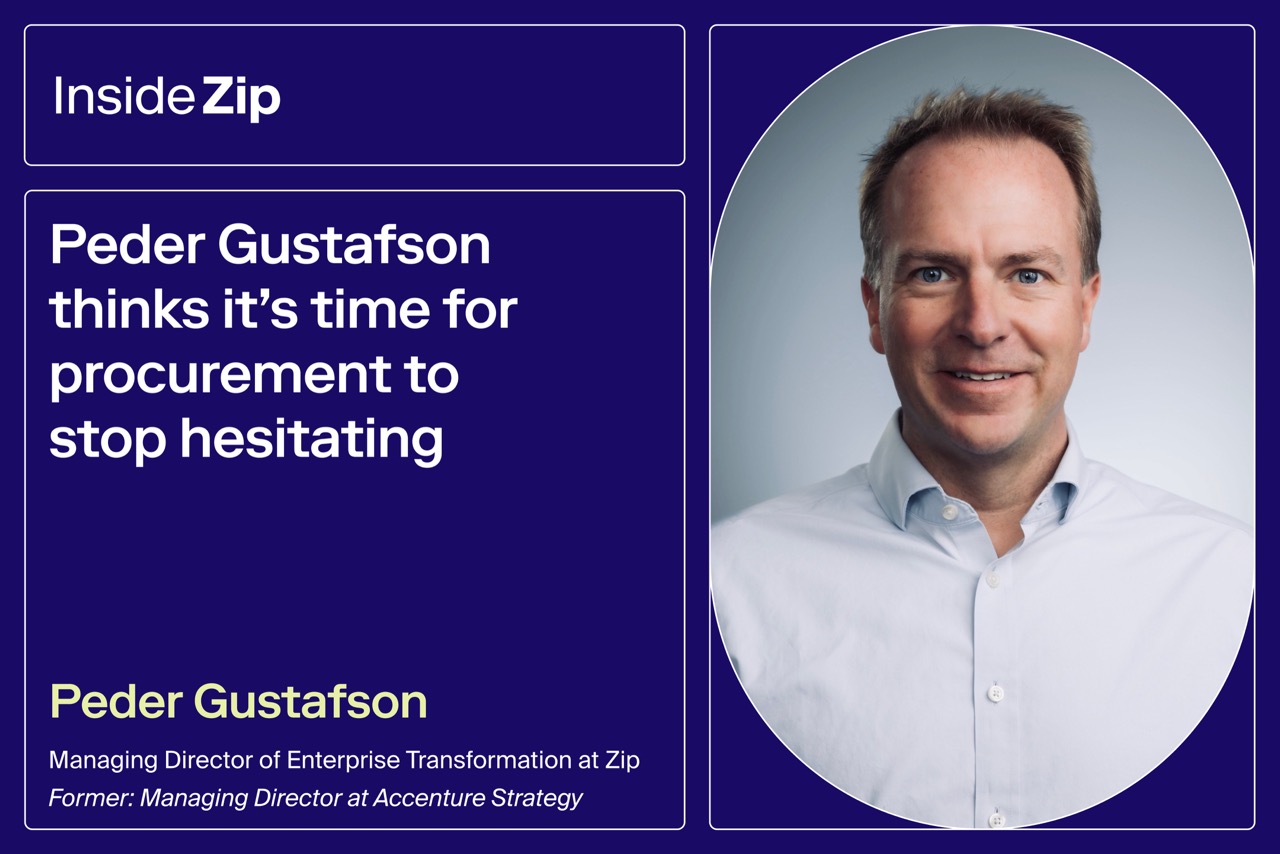
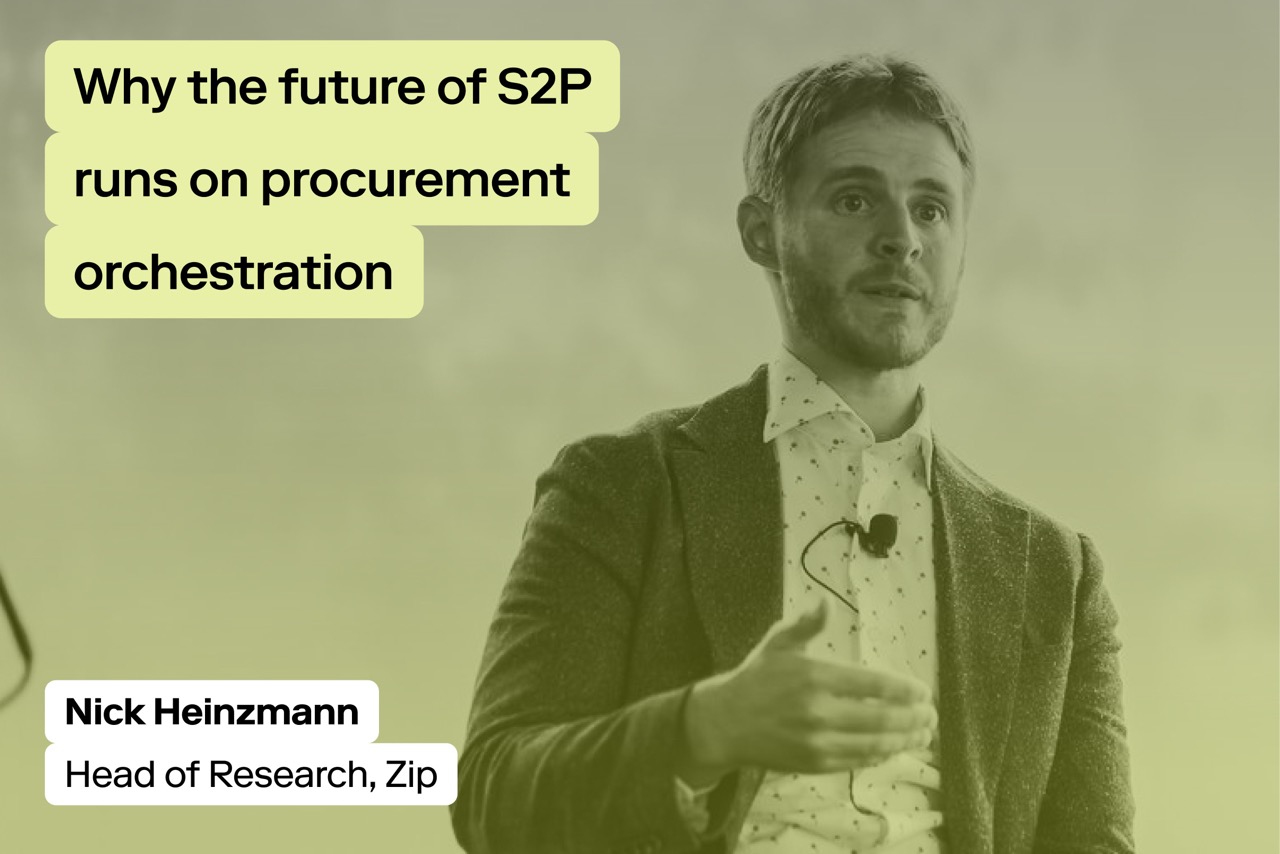


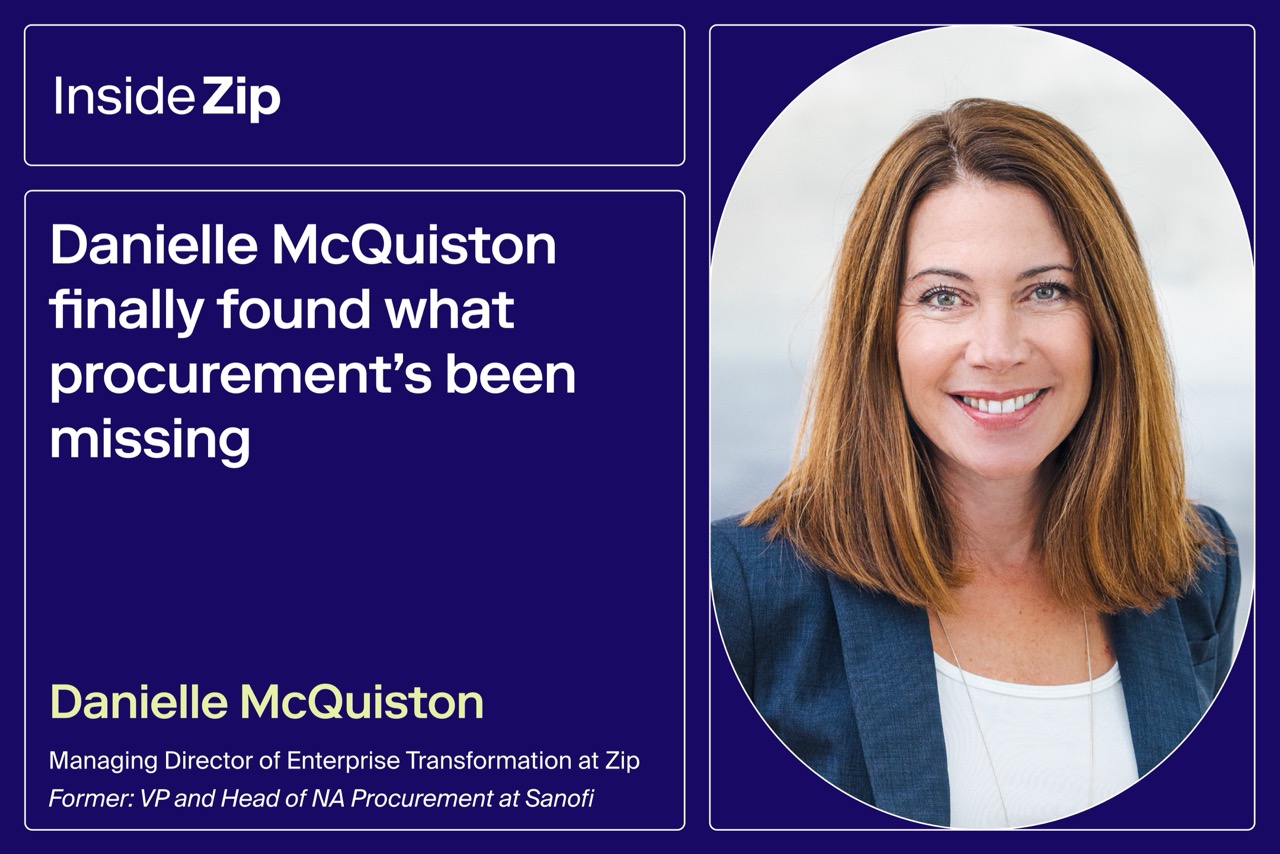
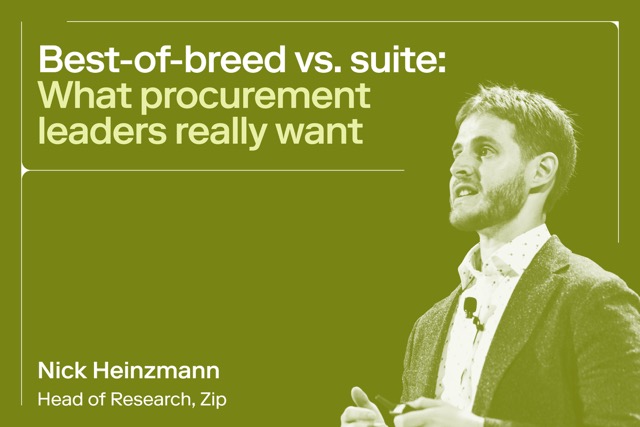
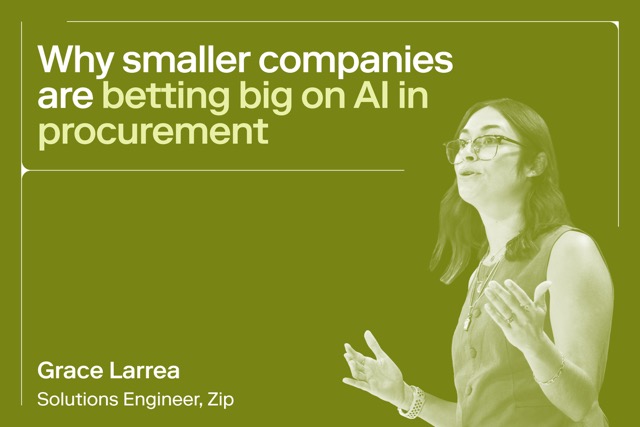
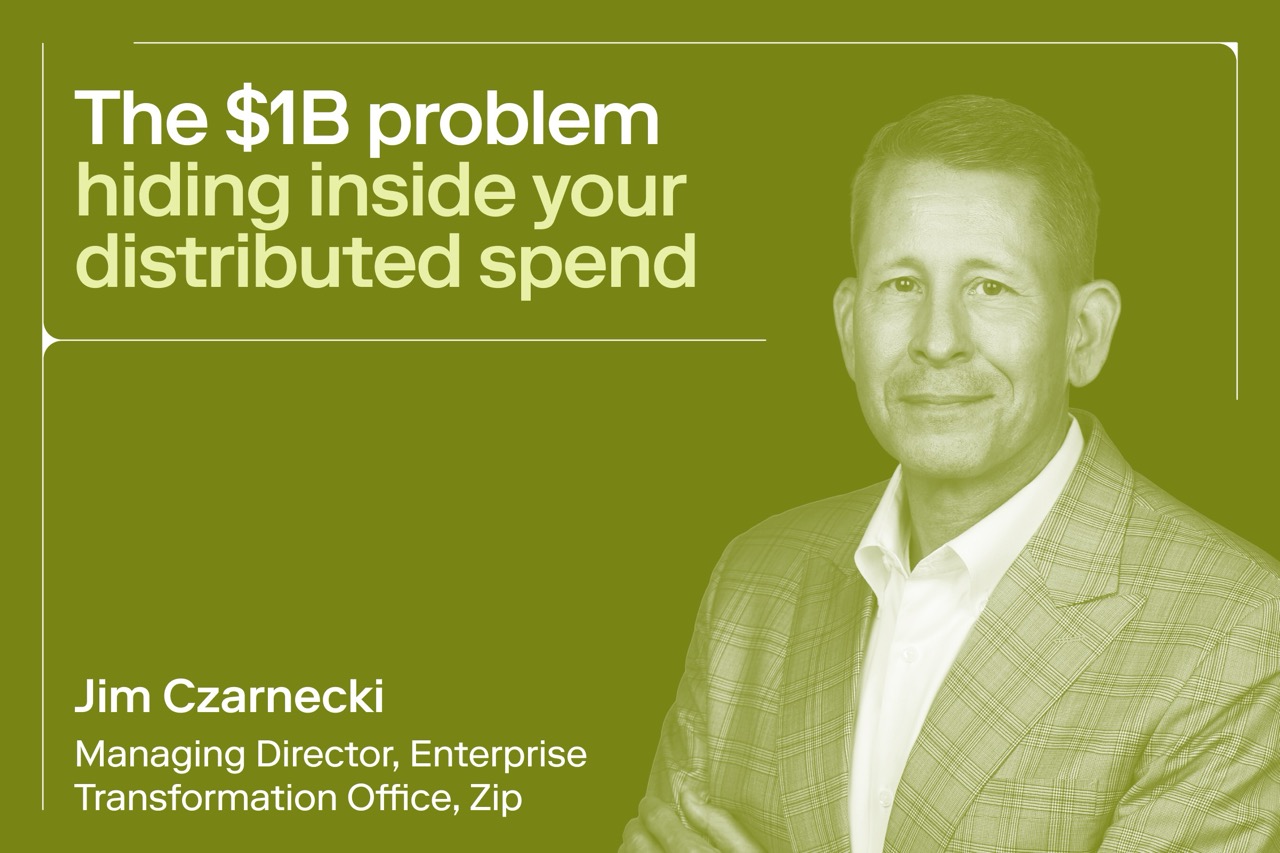
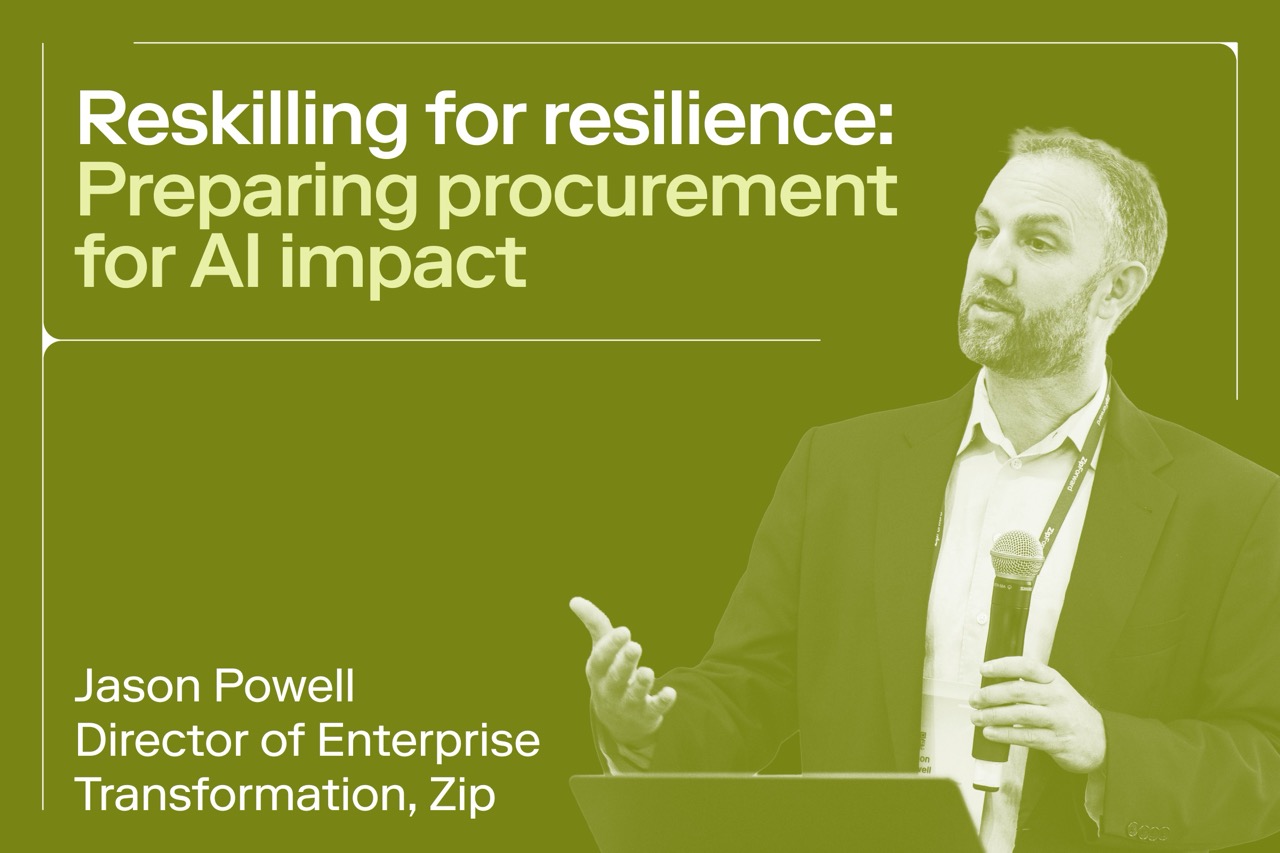









%20Large.jpeg)
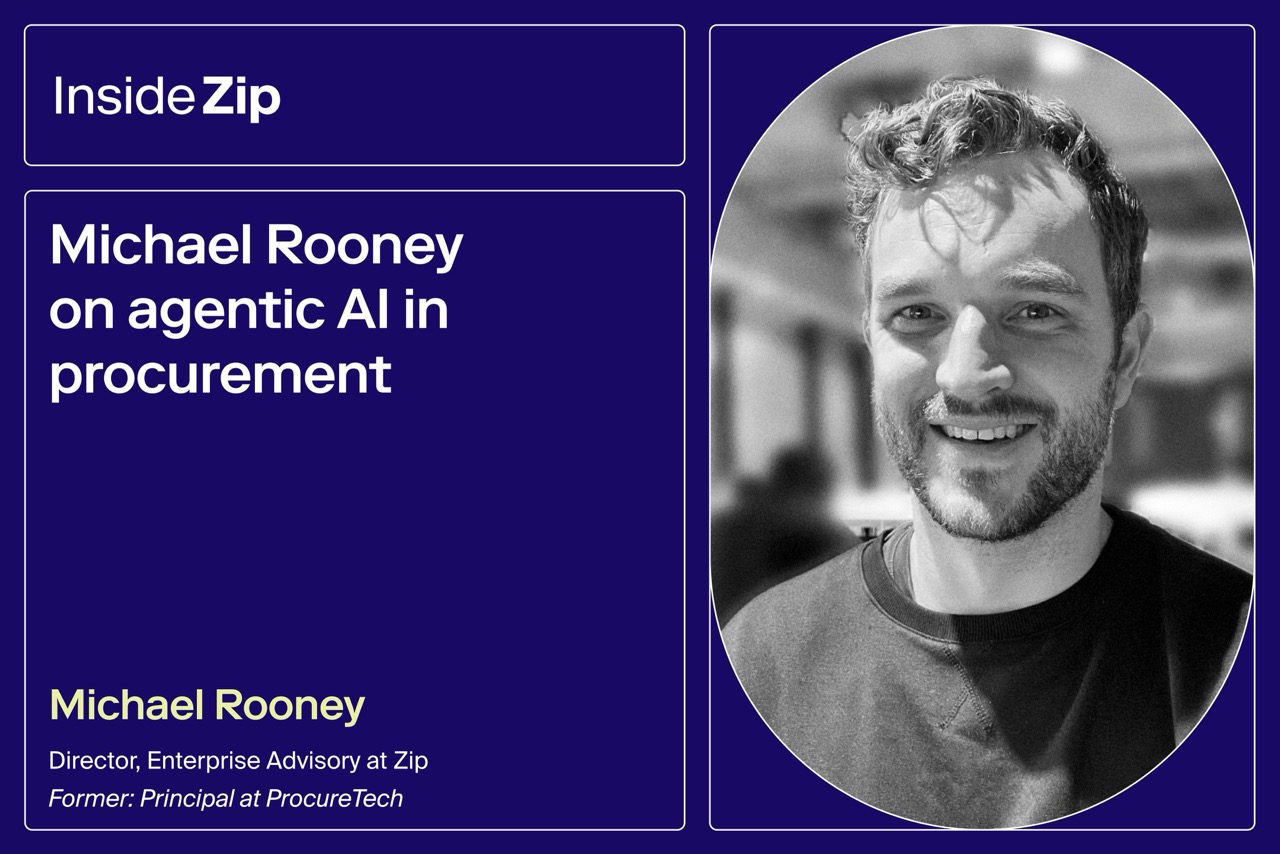




.webp)


















